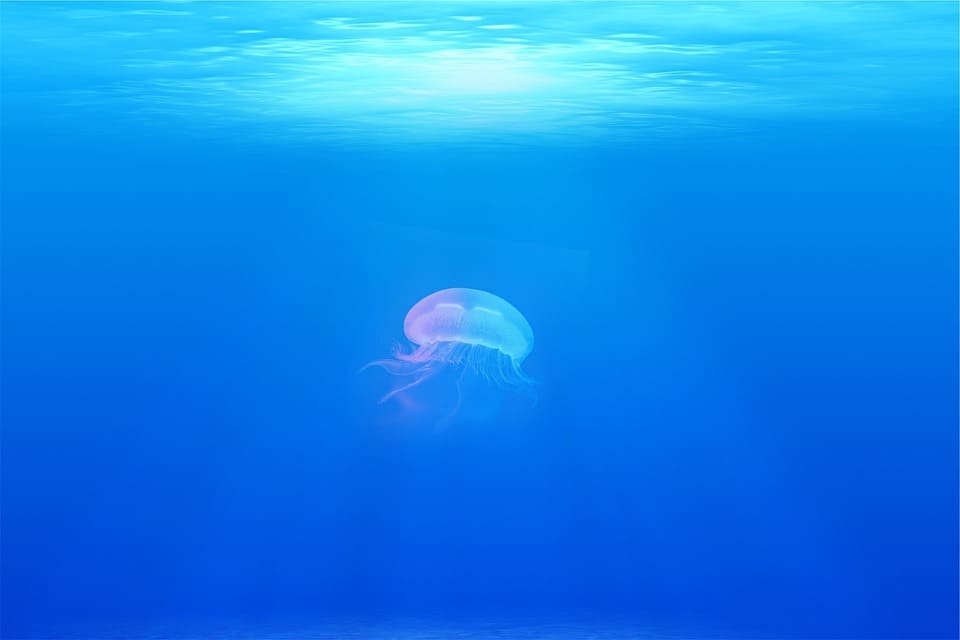Concludes the Third United Nations Conference on Oceans (UNOC3)but it is urgent to pass the words to the facts. It is essential to specify a Science -based roadmap, caution, integrated governance, connectivity and fair transition. Spain has played a crucial rolenow it can and should lead the change, as it has already done in other policies, promoting an exemplary model of marine protection.
Despite the commitments, The environmental groups expressed their frustration because the conference has not made firmer and legally binding decisionsespecially with regard to deep water mining. We have heard many beautiful words here in Nice, but these must translate into tangible actions.
Countries must be brave and make history committing to a moratorium in deep water mining in the meeting of the International Marine Funds Authority (ISA) next month.
Third United Nations Conference on Oceans (UNOC3)
The Third United Nations Conference on Oceans (UNOC3)held this week in Nice, concludes today with a clear message to the world: protecting the oceans cannot remain an aspiration, but an immediate obligation.
From the environmental world, which has followed the debates carefully, the international interest shown by the oceans and the communities that depend on them are hosted, but it insists that only binding commitments can stop the degradation of this vital ecosystem.
It is encouraging to see the world look at oceans without borders, which hide an amazing biodiversity and play a key role in the planet’s balance. But well -intentioned statements are not enough: we need firm and binding decisions that save the oceans and, with them, our future.
The organization considers that the conference must mark a turning point similar to that of the Paris Climate Summit.
Now it is urgent to define a specific roadmap that includes:
- Research and knowledge with sufficient financing to support science -based policies.
- CAUTION PRINCIPLEespecially before emerging threats such as underwater mining in deep water.
- Integrative governancecoherent and participatory, that connects biodiversity, climate, fishing, health and social justice.
- Protection and restorationwith the aim of protecting 30 % of the ocean in 2030, including at least 10 % with strict protection, guaranteeing connectivity between spaces through marine corridors.
- Fair transitionwith maritime management plans and active participation of sectors and coastal communities.
- International and intergenerational solidaritywith specific support to the most vulnerable countries and communities.
- Comprehensive struggle against pollutionfrom plastics and chemicals, to submarine noise or coastal light pollution.
Ecological connectivity and collaboration between science and politics, especially through ocean migratory routes, is key to protecting marine biodiversity.
Tools like Key areas for biodiversity (KBA) o The marine bird monitoring database can accelerate the creation of protected spaces and ensure their connectivity.
Ecologists remember that there are already successful instruments and experiences that can guide the way. But political will and coherence are needed with the acquired international obligations.
Spain, called to lead the fair blue transition
For environmentalists, The protection of the oceans and the coasts must become a state policy in Spain. Our country, with its wide marine heritage, has the responsibility and ability to become a reference for a true Blue transitionas has already been in other areas such as renewable energies.
Spain can lead this transition if it maintains its commitment to the protection of 30 % of the sea by 2030continues to promote scientific and social collaboration through projects such as INTEMARESand supports with ambition the implementation of the Ocean global treaty. ECOticias.com

